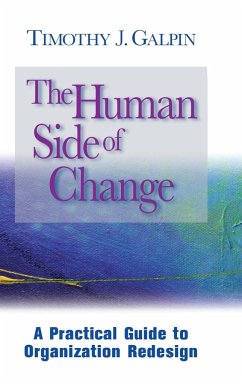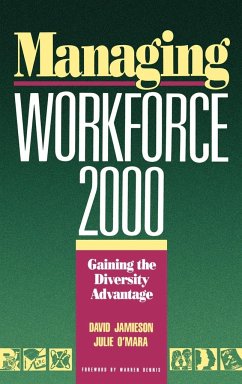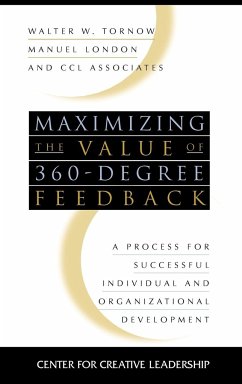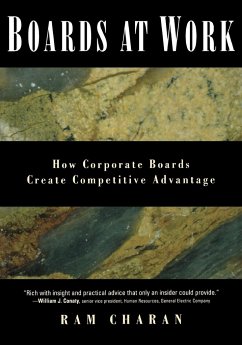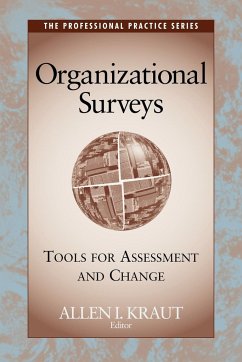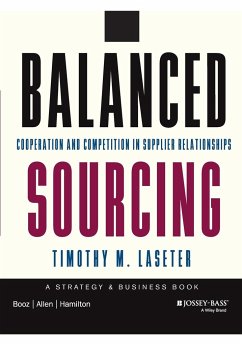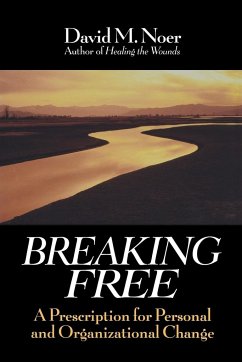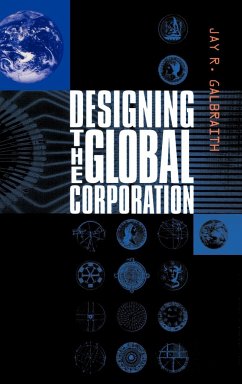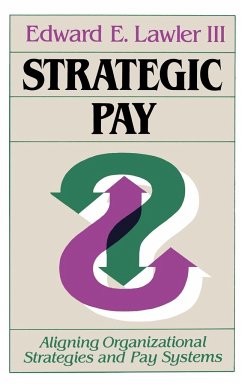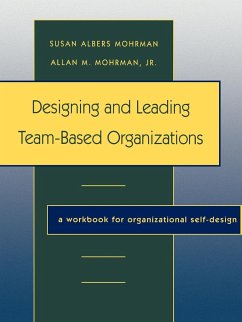
Human Capital
What It Is and Why People Invest It
Versandkostenfrei!
Versandfertig in über 4 Wochen
54,99 €
inkl. MwSt.

PAYBACK Punkte
27 °P sammeln!
Many companies say that their employees are their most important assets. Few do justice to the idea; fewer still understand that the worker-as-asset metaphor is outdated and misguided. Shifting labor markets have taught managers this lesson: as workers gain power in negotiating the terms of employment, they behave less like assets, and more like free-agent owners of investable capital. Their capital is the ability, behavior, effort, and time they contribute to a company. Like players in any market, they expect a healthy return on their investment. In Human Capital, author Thomas O. Davenport e...
Many companies say that their employees are their most important assets. Few do justice to the idea; fewer still understand that the worker-as-asset metaphor is outdated and misguided. Shifting labor markets have taught managers this lesson: as workers gain power in negotiating the terms of employment, they behave less like assets, and more like free-agent owners of investable capital. Their capital is the ability, behavior, effort, and time they contribute to a company. Like players in any market, they expect a healthy return on their investment. In Human Capital, author Thomas O. Davenport explores this worker-as-investor notion, describing what it means to both employer and employee. He explains how companies who treat workers as investors can attract, develop, and retain people who get so much value from the organization--and give so much back in return--that they create a competitive advantage. Davenport describes the practices of companies that recognize the importance of human capital and know how to build it and direct it to areas critical for marketplace success. Drawing from research and personal experience, he provides guidance for managers who must implement successful human capital programs. And individual employees who read the book will come away with ideas for getting the most out of work by cultivating their human capital and maximizing the return on its investment. The race for human capital has already begun. Companies who want to win must craft and deliver a return-on-investment array that attracts the most talented, creative, motivated workers in the market. Human Capital can help executives and managers build organizations worthy of investment by people whose human capital means the difference between success and failure in a competitive world.



